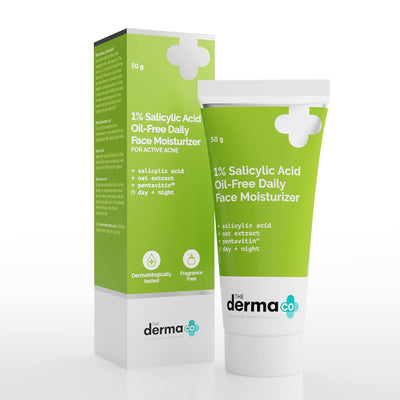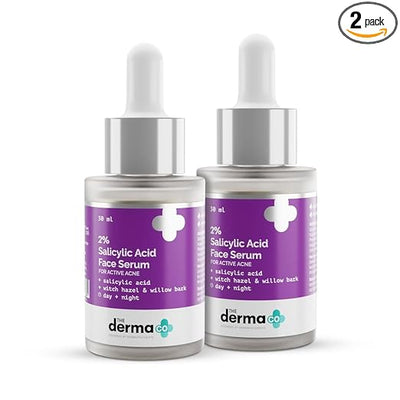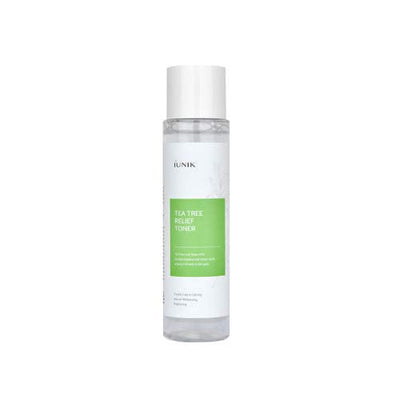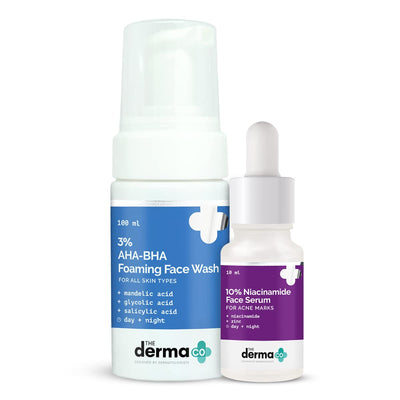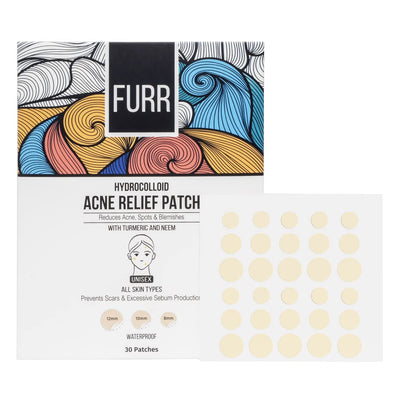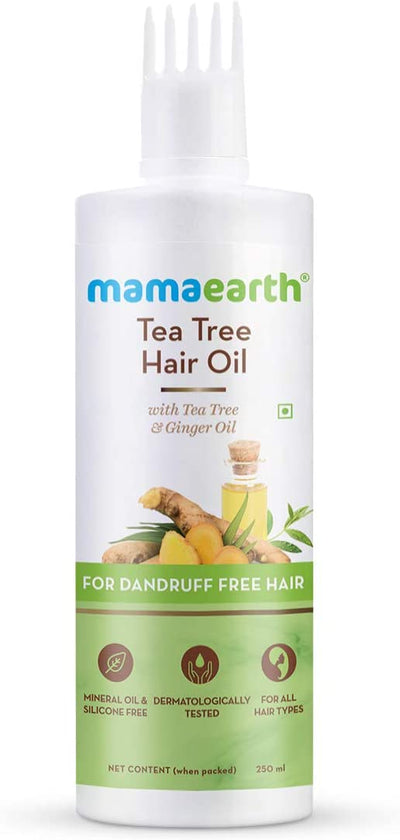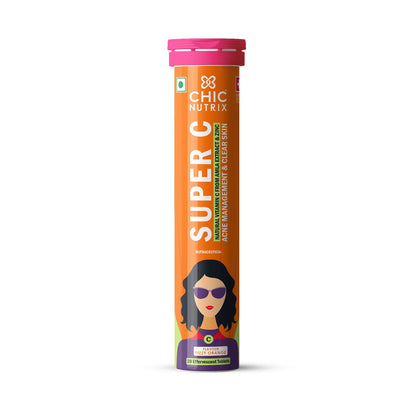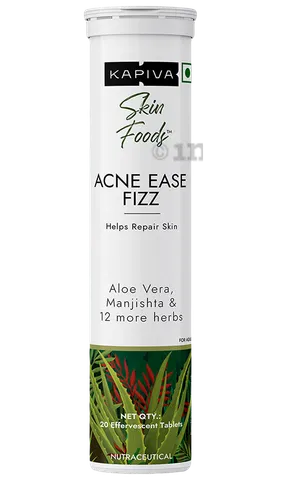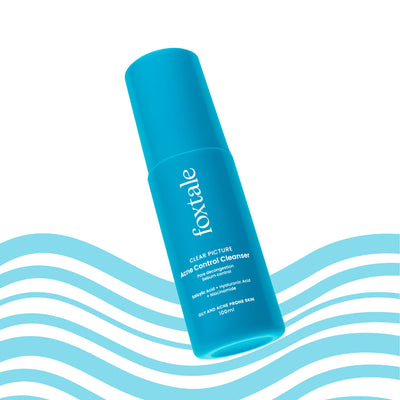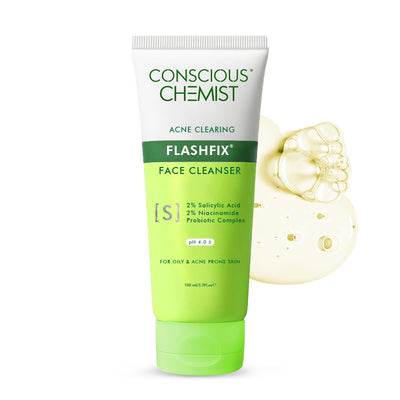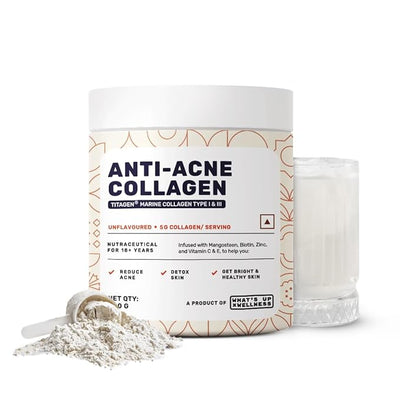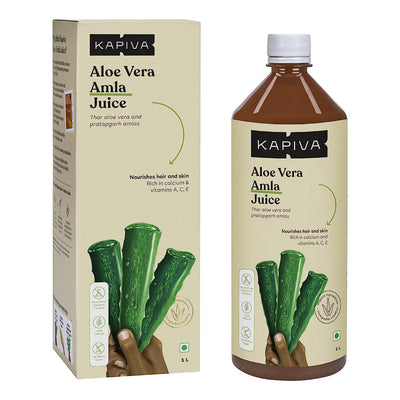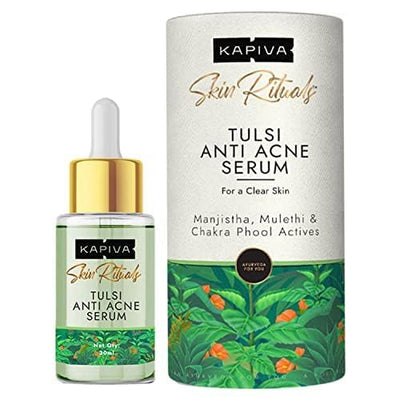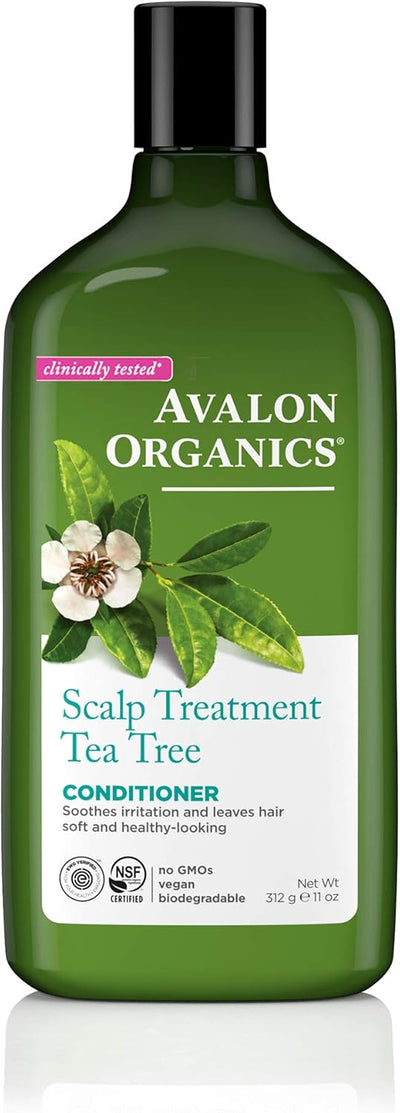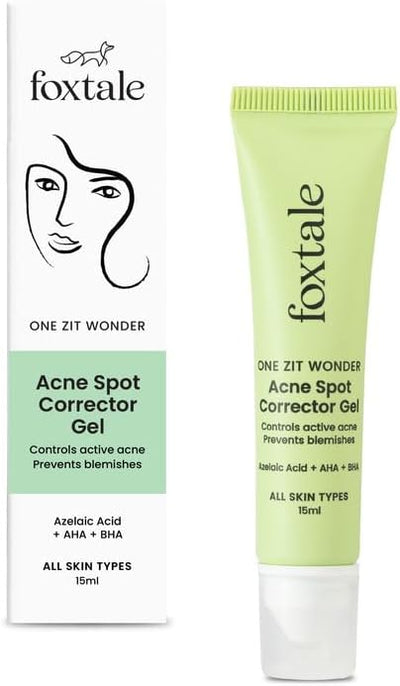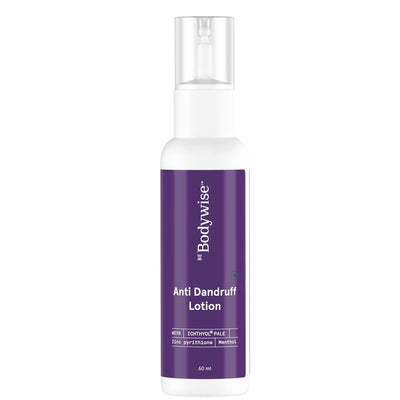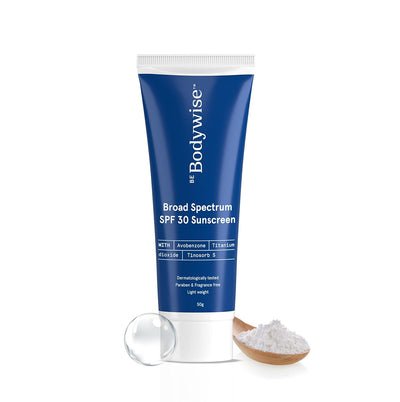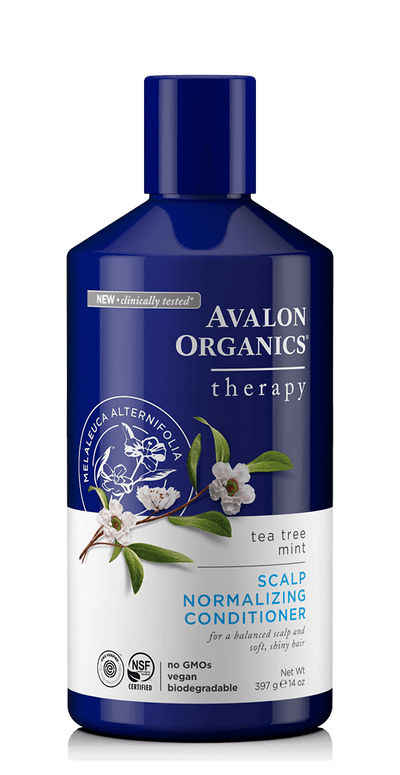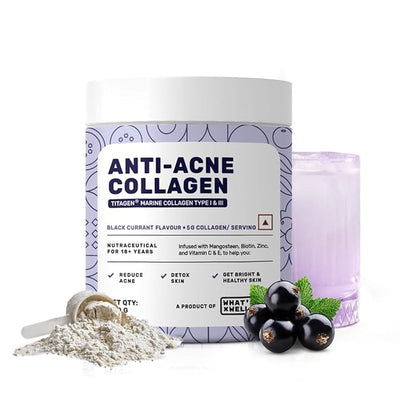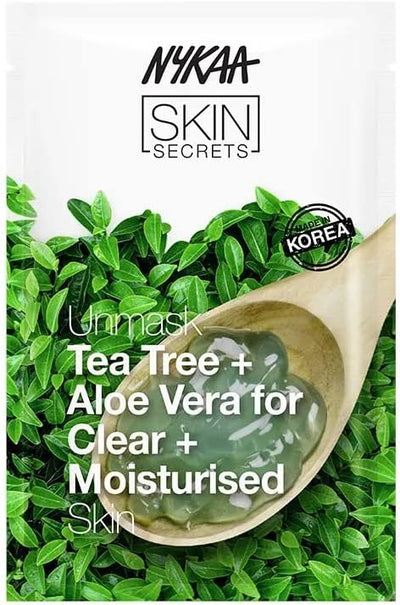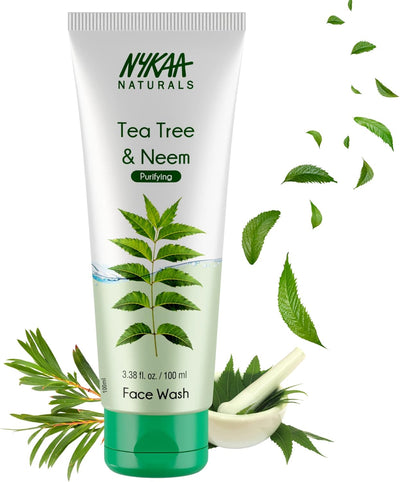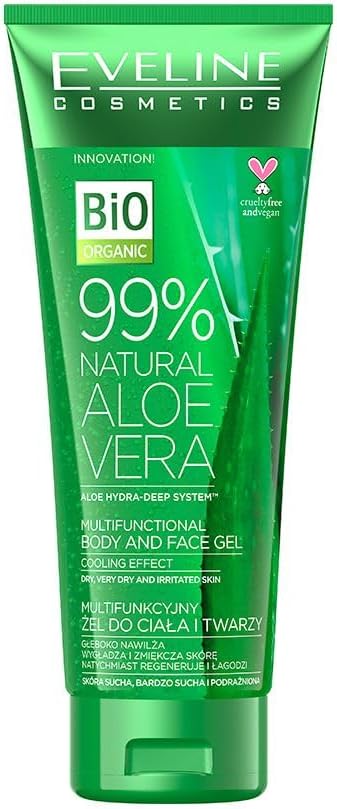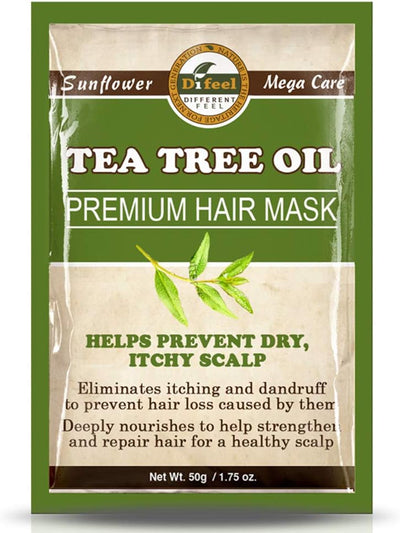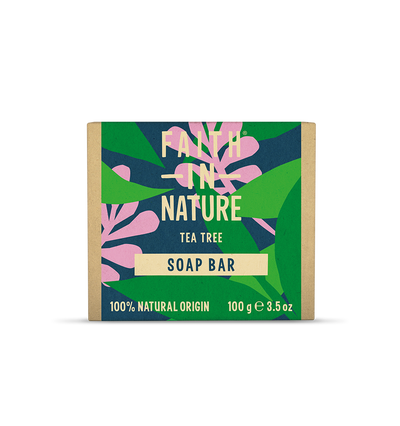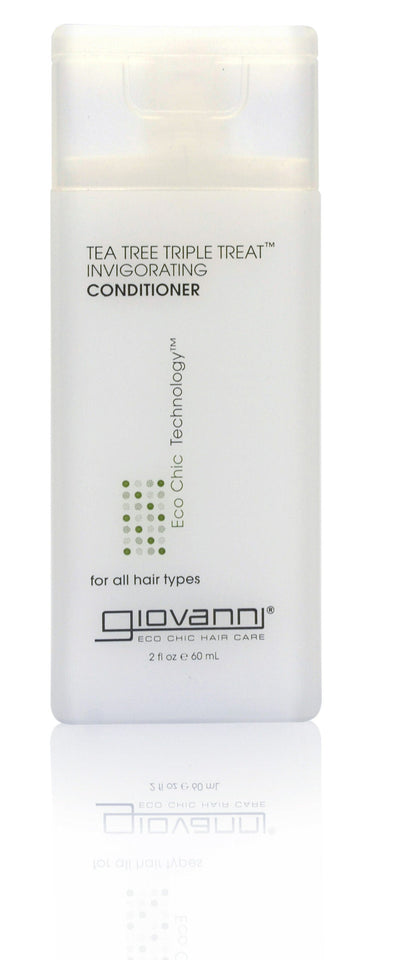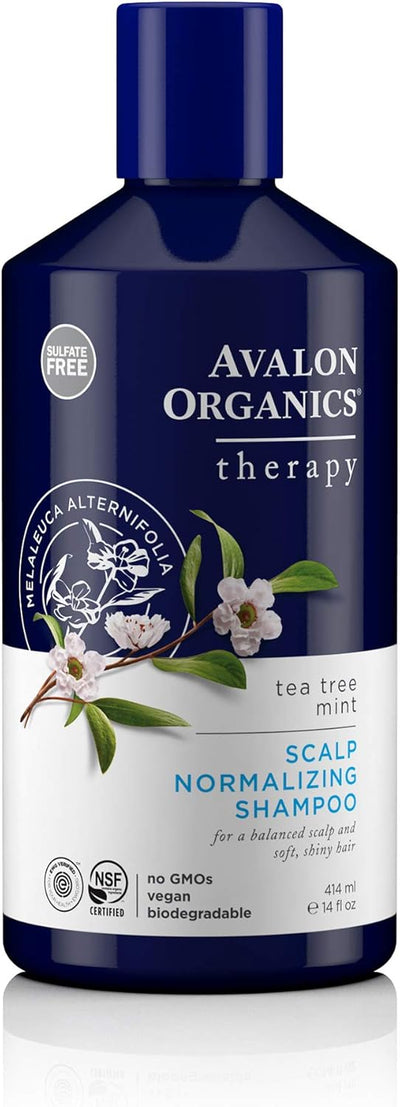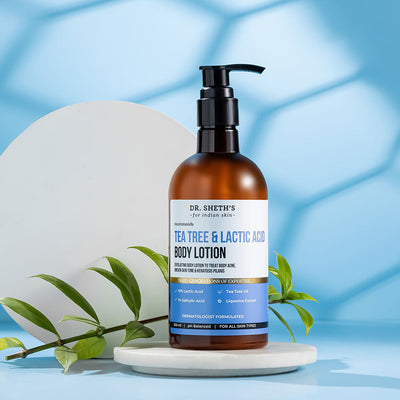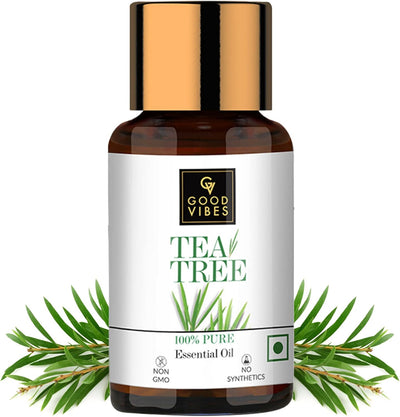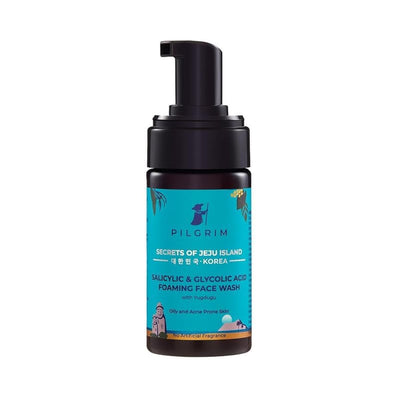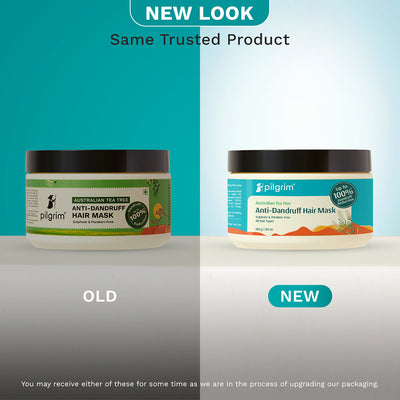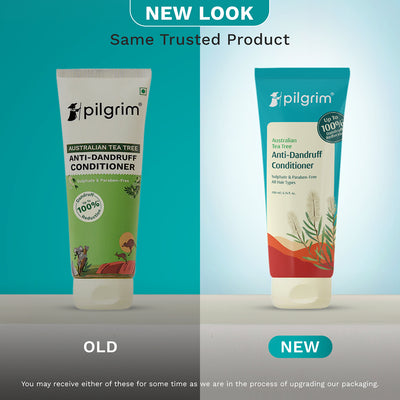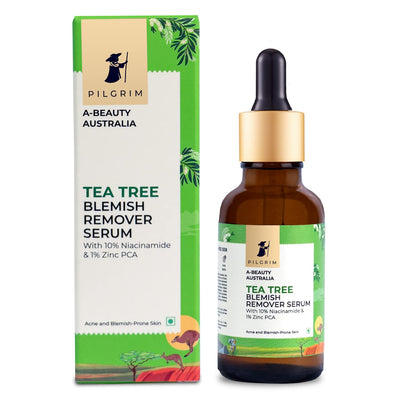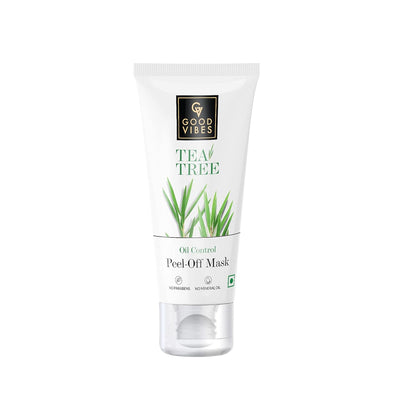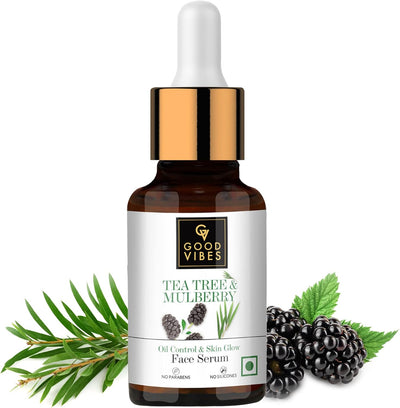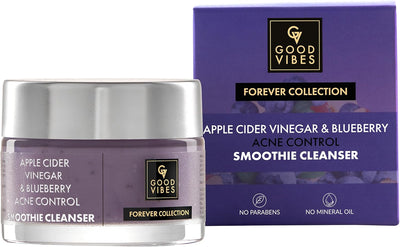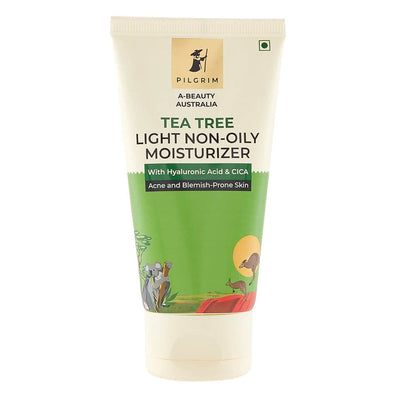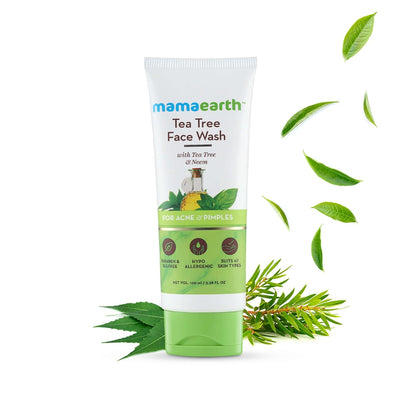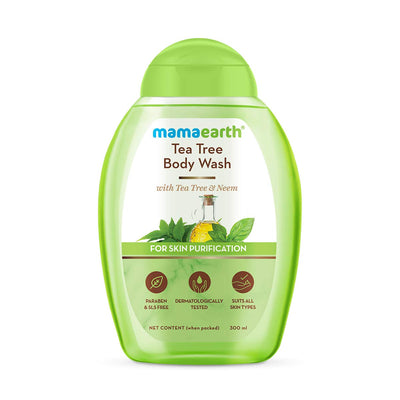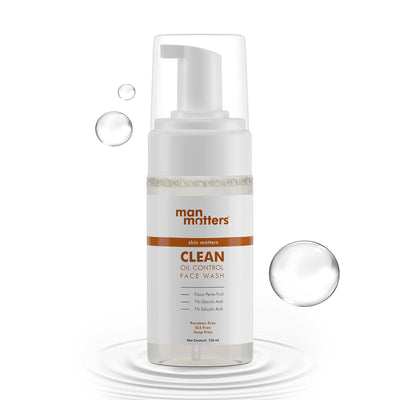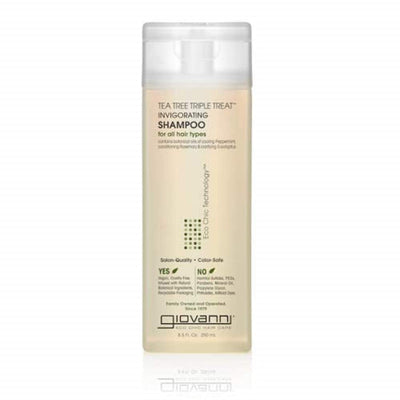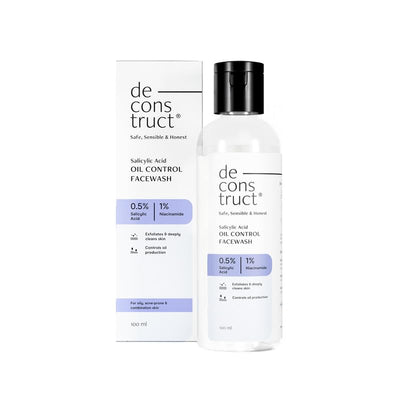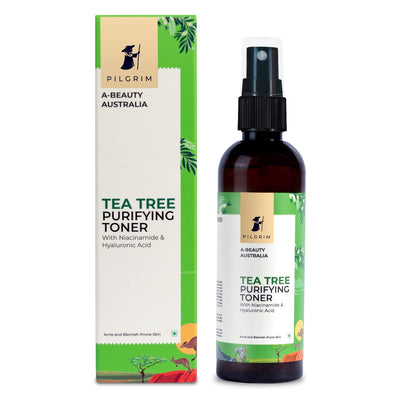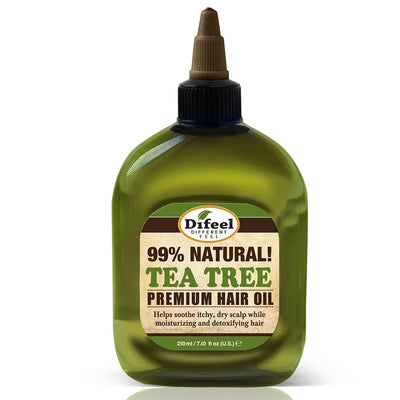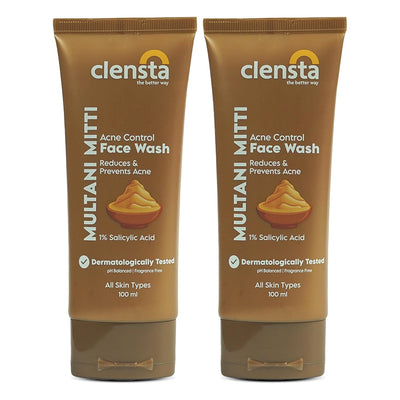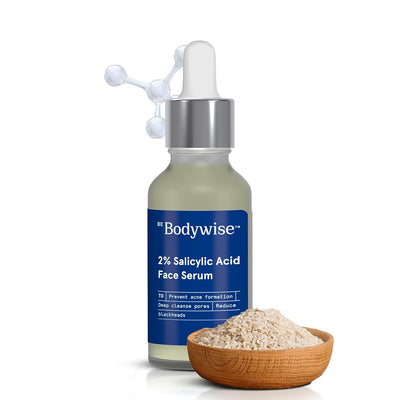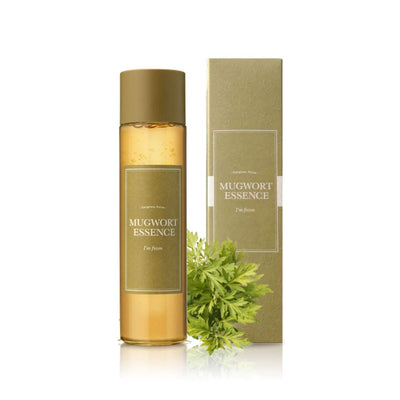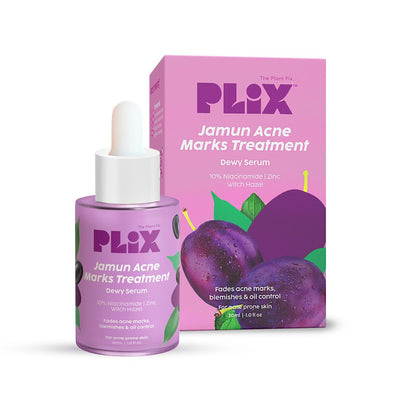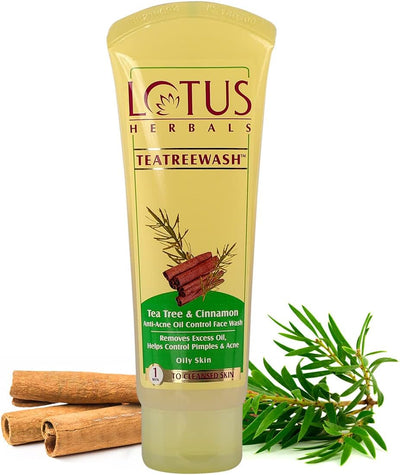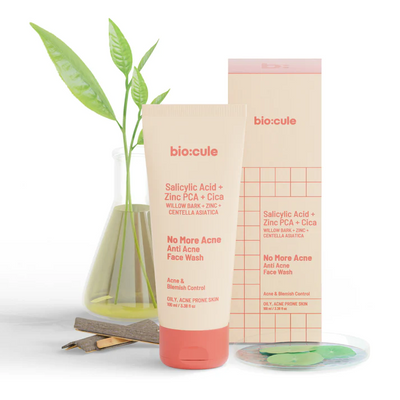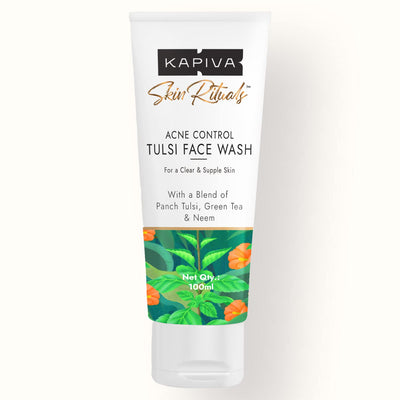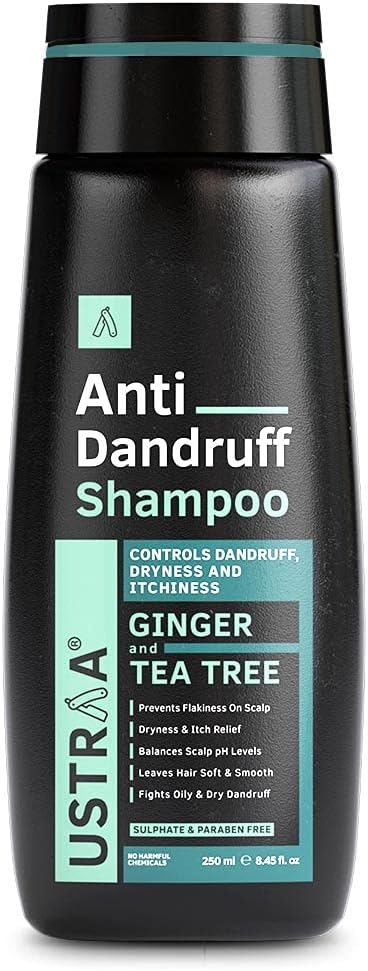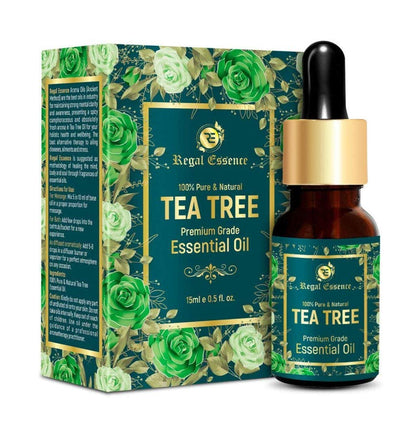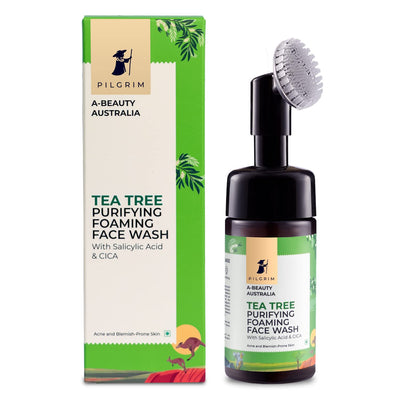-
4.410 KD2.600 KD -
3.060 KD2.270 KD -
2.630 KD2.000 KD -
4.810 KD3.560 KD -
6.000 KD2.600 KD -
7.140 KD2.600 KD -
9.240 KD6.620 KD -
2.670 KD2.600 KD -
5.000 KD
-
4.070 KD2.600 KD -
6.200 KD2.600 KD -
3.000 KD
-
2.600 KD
-
4.090 KD2.600 KD -
7.010 KD
-
6.650 KD
-
3.880 KD
-
9.230 KD5.270 KD -
8.610 KD6.030 KD -
6.370 KD4.460 KD -
29.990 KD23.070 KD -
5.060 KD2.600 KD -
6.100 KD4.880 KD -
13.770 KD2.600 KD -
8.580 KD6.860 KD -
12.000 KD10.000 KD -
6.860 KD5.490 KD -
10.200 KD2.600 KD -
3.000 KD2.000 KD -
9.740 KD
-
14.490 KD
-
10.570 KD
-
14.140 KD
-
12.710 KD
-
14.970 KD
-
2.600 KD
-
2.600 KD
-
2.600 KD
-
5.140 KD
-
2.600 KD
-
2.600 KD
-
4.990 KD
-
7.600 KD
-
3.730 KD2.600 KD -
25.400 KD19.250 KD -
8.570 KD2.600 KD -
6.480 KD
-
10.690 KD2.600 KD -
2.600 KD
-
12.130 KD10.220 KD -
7.490 KD2.600 KD -
14.490 KD11.150 KD -
2.600 KD
-
5.890 KD4.920 KD -
3.540 KD2.850 KD -
2.600 KD
-
2.600 KD
-
27.000 KD2.600 KD -
2.970 KD
-
4.070 KD2.600 KD -
30.000 KD21.000 KD -
13.890 KD2.600 KD -
7.260 KD2.600 KD -
2.800 KD2.600 KD -
10.000 KD
-
16.520 KD2.600 KD -
6.510 KD5.000 KD -
15.650 KD12.520 KD -
14.080 KD11.260 KD -
5.710 KD2.600 KD -
8.570 KD2.600 KD -
NOTIFY ME
7.000 KD4.000 KD -
NOTIFY ME
5.790 KD5.440 KD -
NOTIFY ME
7.560 KD5.290 KD -
NOTIFY ME
7.140 KD5.000 KD -
NOTIFY ME
5.710 KD2.600 KD -
NOTIFY ME6.720 KD
-
NOTIFY ME2.850 KD
-
NOTIFY ME4.930 KD
-
NOTIFY ME
15.670 KD12.050 KD -
NOTIFY ME
28.470 KD21.900 KD -
NOTIFY ME11.380 KD
-
NOTIFY ME11.760 KD
-
NOTIFY ME3.450 KD
-
NOTIFY ME2.600 KD
-
NOTIFY ME6.340 KD
-
NOTIFY ME2.730 KD
-
NOTIFY ME2.380 KD
-
NOTIFY ME
17.000 KD14.490 KD -
NOTIFY ME8.670 KD
-
NOTIFY ME2.500 KD
-
NOTIFY ME
8.270 KD5.790 KD -
NOTIFY ME
6.790 KD4.750 KD -
NOTIFY ME5.900 KD
-
NOTIFY ME5.350 KD
-
NOTIFY ME
6.240 KD5.350 KD -
NOTIFY ME
29.990 KD23.070 KD -
NOTIFY ME
4.370 KD3.240 KD -
NOTIFY ME
6.650 KD4.930 KD -
NOTIFY ME1.300 KD
-
NOTIFY ME7.800 KD
-
NOTIFY ME6.000 KD
-
NOTIFY ME1.230 KD
-
NOTIFY ME1.530 KD
-
NOTIFY ME5.440 KD
-
NOTIFY ME
8.600 KD6.600 KD -
NOTIFY ME4.000 KD
-
NOTIFY ME3.000 KD
-
NOTIFY ME7.000 KD
-
NOTIFY ME6.000 KD
-
NOTIFY ME
5.490 KD3.840 KD -
NOTIFY ME6.000 KD
-
NOTIFY ME4.000 KD
-
NOTIFY ME6.000 KD
-
NOTIFY ME7.000 KD
-
NOTIFY ME
4.930 KD3.450 KD -
NOTIFY ME
4.070 KD2.850 KD -
NOTIFY ME
4.870 KD4.000 KD -
NOTIFY ME
3.710 KD3.000 KD -
NOTIFY ME
7.590 KD2.600 KD -
NOTIFY ME15.000 KD
-
NOTIFY ME
18.340 KD15.000 KD -
NOTIFY ME4.000 KD
-
NOTIFY ME
10.120 KD8.000 KD -
NOTIFY ME
4.340 KD3.040 KD -
NOTIFY ME
3.380 KD3.000 KD -
NOTIFY ME
13.770 KD11.000 KD -
NOTIFY ME
5.010 KD4.000 KD -
NOTIFY ME
13.390 KD11.000 KD -
NOTIFY ME
21.650 KD17.000 KD -
NOTIFY ME
24.300 KD9.320 KD -
NOTIFY ME
10.010 KD8.010 KD -
NOTIFY ME
6.510 KD5.000 KD -
NOTIFY ME
29.430 KD8.000 KD -
NOTIFY ME4.440 KD
-
NOTIFY ME
5.010 KD4.010 KD -
NOTIFY ME4.910 KD
-
NOTIFY ME
4.870 KD3.900 KD -
NOTIFY ME4.000 KD
-
NOTIFY ME
4.500 KD3.150 KD
- Home
- Country
- Health Goals
- Health Goals
- Immunity
- Men's Wellness
- Multivitamin
- Proteins
- Weight Management
- Korean skincare
- Collagens
- Digestion/Gut Health
- Sports Nutrition
- Body Care
- Intimate Hygiene
- Bone Health
- Joint Health
- Stress Relief
- Sleep Support
- Energy
- Heart Health
- Hair, Skin & Nails
- Kids Health
- Fish Oils & Omega
- Magnesium
- Shilajit for women
- Brands
- Brands
- Hayejin
- Arata
- Wellbeing Nutrition
- AVOGAIN - Avalon
- Manuka Health
- Sun Warrior
- InfiniWell
- Redcon1
- Tru Niagen
- Nature's Truth
- O.R.S
- Prime
- Kapiva
- AADAR
- AQUALOGICA
- Ayuvigo
- Dr. Sheth’s
- Beautywise
- Burnlab
- By Wishtrend
- Calypso
- Dabur
- Klairs
- DECODE
- Doublewood
- Elete
- GHC
- GIOVANNI
- HAIRTAMIN
- Hayejin
- Humantra
- I'm From
- Iunik
- Just Herbs
- Kapiva
- Lotus
- MAMAEARTH
- mCaffeine
- Nutrigold
- Panchamrit
- Pee Safe
- PILGRIM
- Panchamrit
- Plix
- Power Gummies
- Revital
- REVIVAL
- Ruby's
- Sugarbear
- SUNSHINE NUTRITION
- TruNativ
- Ultimate
- Undry
- Valeo
- VANSAAR
- Vedapure
- Wellbeing Nutrition
- Wow Science
- Yumi
- Color Cupid
- Good Vibes
- Wow Skin Science
- The Organic Pharmacy
- Mad Hippie
- Fast & Up
- Upakarma
- BBlunt
- Clensta
- Offers
- Men's Health
- Cosmetics
- Haircare
- Skincare
- Blogs
- Blogs
- Shilajit: The Complete Guide (Benefits, Uses, Dosage & Side Effects)
- Collagen: The Complete Guide (Types, Benefits, Uses & Side Effects)
- How to Take Collagen: Dosage, Best Time & Consumption Tips
- How to Take Shilajit: Dosage, Best Time & Consumption Tips
- How to Identify Pure Shilajit: Buying Guide & Fake vs Real
- How to Identify High-Quality Collagen Supplements (Buying Guide)
- All Blogs
Shop by Categories
- BRANDS
- HEALTH & NUTRITION
- HEALTH GOALS
- HEALTH CONDITIONS
-
BEAUTY
- HAIR CARE
-
SKIN CARE
- Cleansing Oil, Foam & Balm
- Face Wash
- Face Scrub
- Skin Toner & Mist
- Concentrate
- Ampoule
- Treatments & Serums
- Peeling Solutions
- Face Oil
- Face Mask
- Eye & Lash Care
- Lip Care
- Spot patch
- Face Cream & Moisturizers
- Day Cream
- Night Cream
- Sunscreen & Tan
- Body Lotions & Moisturizers
- Stretch Mark Cream
- Body Mists
- Feet Treatment
- Derma Roller
- Sponge
- Thailam
- Beauty Fluid
- Sleep Supplements
- Skincare Kits
- BATH & BODY CARE
- FRAGRANCE
- MAKEUP
- PERSONAL CARE
- BABY CARE
- KUWA EXCLUSIVES
- COUNTRY
Health Goals
Brands
Acne Treatments
Acne in Kuwait ranks as one of the most widespread skin problems. It affects people of all ages and skin types, impacting millions. While acne starts during the teen years, it can continue into adulthood or even begin later in life. It appears in several forms, like pimples, blackheads, whiteheads, cysts, and pustules. Acne doesn’t just affect the face; it often shows up on the back, shoulders, chest, and other parts of the body. In Kuwait, the climate's high heat, pollution, and dry air can make skin issues worse. To manage acne well, it’s important to know what causes it.
What Do We Mean by Acne?
Acne is a skin problem that happens when hair follicles and oil glands get inflamed. It forms when oil, bacteria, and dead skin cells block the skin's pores. This condition shows up on spots like the face, back, or shoulders because those areas have more oil glands. Acne can appear in forms that are either mild or severe, depending on how bad it is.
What Causes Acne?
Knowing what causes acne helps in managing and stopping breakouts better. Acne happens when sebaceous glands make too much oil. This extra oil can block hair follicles and create blackheads and whiteheads known as comedones. Many things can lead to acne:
-
Too Much Oil: Sebaceous glands produce oil to keep skin hydrated. But making too much oil blocks pores and can cause acne. Those with oily skin often face this more. Kuwait’s hot and dry weather can make the problem worse.
-
Bacteria: The skin contains bacteria called Propionibacterium acnes. These bacteria grow and spread when pores get blocked. This can cause redness and lead to pimples, cysts, or pustules forming.
-
Hormonal Changes: Hormones can shift during puberty, pregnancy, periods, or with birth control use. These changes cause the skin to make more oil, which often triggers acne. Many people notice breakouts during these times of hormonal shifts.
-
Genetics: Acne can run in families. If both your parents dealt with acne, you’re more likely to have it too.
-
Diet and Lifestyle: Studies are still learning about how diet connects to acne. Some research shows that foods like sugary snacks or dairy products might lead to more acne. Stress, not sleeping enough, and poor hygiene can also make acne worse.
-
Environmental Factors: Air pollution, dust, and dry weather in Kuwait can irritate skin and block pores, which raises the chances of acne. Spending too much time in the sun can also cause skin inflammation and make acne harder to deal with.
-
Medications: Using certain types of medicine, such as steroids, may cause acne to appear. People taking medicines tied to acne should talk to their doctor to find different options.
Types of Acne
Acne appears in different forms, each with its level of severity. A few include:
-
Comedonal Acne: The mildest type of acne shows up as blackheads and whiteheads. Blackheads form when a pore clogs, and the oil inside reacts with air, turning black. Whiteheads form when the pore is blocked, trapping oil beneath the skin.
-
Papules: These are tiny red bumps that feel sore if you touch them. Papules are a more serious type of acne and can leave scars if not treated the right way.
-
Pustules: These look like papules but are filled with pus instead. They are bigger than papules and are often just called "pimples" by most people.
-
Nodules: These are deep, painful lumps that sit under the skin. They hurt quite a lot and often need a doctor's help to get better.
-
Cysts: Cystic acne is the worst type of acne. It shows up as large, pus-filled cysts. They hurt and can leave scars if you don’t treat them right.
Ways to Treat Acne
Treating acne means using both proper skincare and specific treatments. Mild acne often responds to store-bought products, but worse cases might need prescriptions. Below are some helpful acne treatment options:
1. Topical Treatments
-
Salicylic Acid: This is a popular choice in acne solutions. It removes dead skin cells and keeps pores clear, which helps stop new breakouts. It works well to treat blackheads and whiteheads.
-
Benzoyl Peroxide: This ingredient fights bacteria to cut down on the germs that cause acne. It also lowers swelling and stops new pimples from forming. People often use it to treat things like pustules or cystic acne.
-
Retinoids: Retinoids come from Vitamin A and are common in acne treatments. They encourage new skin cells to form, keep pores from getting blocked, and ease irritation. Doctors often suggest them to treat stubborn acne or to lighten acne scars.
-
Niacinamide: Niacinamide, also called Vitamin B3, works as an anti-inflammatory to calm redness, irritation, and swelling linked to acne. It can also control oil levels, which helps manage oily skin types.
2. Oral Medications
-
Antibiotics: Doctors often prescribe oral antibiotics like tetracycline or doxycycline to manage moderate or severe acne. These antibiotics lower bacteria and reduce inflammation, making them useful to treat cases where topical treatments fail to work.
-
Oral Birth Control Pills: Women can use oral birth control pills to treat hormonal acne. These pills balance hormones and lower oil levels, which helps prevent acne breakouts.
-
Isotretinoin: Doctors often prescribe isotretinoin, once called Accutane, to treat severe cystic acne. This strong medication reduces oil, kills bacteria, and helps the skin heal. Since it can cause serious side effects, it is a final treatment option.
3. Skin Treatments for the Face
-
Chemical Peels: By using special exfoliating acids, chemical peels get rid of dead skin cells. This clears up clogged pores and helps manage acne. Doctors often suggest these treatments to treat moderate or severe acne cases.
-
Laser Treatments: Laser therapies like fractional laser and blue light therapy deal with acne-causing bacteria and calm inflammation. These options work well to treat acne scars and stubborn breakouts.
4. Home Remedies
-
Tea Tree Oil: Tea tree oil kills bacteria that cause acne. You can put it on acne spots or mix it with a face wash to boost its acne-fighting effects.
-
Aloe Vera: People use aloe vera to calm skin inflammation and lessen redness from acne. You can put it on as a gel or mix it into face masks to soothe irritated skin.
-
Honey: Raw honey can fight bacteria and help the skin heal from acne. Putting some on problem spots or including it in a face mask may help manage breakouts.
Acne Prevention Tips
To avoid acne, stick to a reliable skincare routine, recognize your triggers, and adjust your lifestyle habits. Below are some tips to avoid acne:
-
Wash Your Face Often: Clean your face two times a day using a gentle face wash. This helps get rid of extra oil, dirt, and makeup. Do not scrub hard because it can make your skin irritated and acne worse.
-
Keep Your Hands Off Your Face: When you touch your face, you move bacteria and oil from your hands onto your skin, which can cause pimples. Try not to rest your hands on your face during the day.
-
Pick Products That Don’t Block Pores: Look for skincare and makeup products that say "non-comedogenic" on the label. These are designed to keep pores clear. Choose oil-free lotions and foundations to help stop acne from forming.
-
Stay Hydrated: Drinking enough water keeps your skin healthy. It also helps prevent dehydration, which might make acne worse.
-
Manage Stress: Stress causes hormonal changes that can worsen acne. Try relaxing with activities like yoga, meditation, or exercising to lower stress levels.
-
Eat a Balanced Diet: Eating lots of fruits, vegetables, and lean proteins can help control inflammation and improve your skin. Cutting back on sugar, dairy, and processed foods may also help reduce acne.
Acne and Kuwait's Weather
Kuwait’s extreme weather, with its scorching heat, heavy dust, and high pollution, often makes acne worse and triggers breakouts. The dry air dries out the skin, which can push it to produce more oil. This extra oil clogs pores, making acne even worse. Pollution and dust also irritate the skin, making acne inflammation harder to control.
To handle acne in Kuwait's challenging conditions, people need to drink plenty of water, keep their skin clean often, and use skincare that shields it from environmental damage. Using lightweight moisturizers that don’t have oil and acne treatments with ingredients like salicylic acid, benzoyl peroxide, or niacinamide helps to prevent and improve acne. Such steps are helpful in hot and dusty climates like Kuwait’s.
FAQs: Acne
-
What is the main cause of Acne?
-
Acne is primarily caused by excessive oil production, clogged pores, bacterial growth, and inflammation. Hormonal fluctuations, diet, and stress can also contribute to acne development.
-
How can I get rid of Acne fast?
-
While there is no instant cure for acne, using topical treatments like benzoyl peroxide or salicylic acid can help reduce breakouts quickly. Oral medications and treatments like chemical peels can also speed up the process for severe cases.
-
Can diet affect Acne?
-
Yes, some studies suggest that foods high in sugar, dairy, and refined carbohydrates may contribute to acne. A balanced diet with plenty of fruits, vegetables, and lean proteins can help manage acne.
-
How can I prevent Acne?
-
Preventing acne involves maintaining a consistent skincare routine, using non-comedogenic products, avoiding touching your face, managing stress, and following a healthy diet.
-
Is Acne genetic?
-
Yes, genetics can play a role in acne development. If both of your parents had acne, you are more likely to develop it as well.
Acne can be frustrating, but with the right treatment and lifestyle adjustments, it is manageable. By understanding the causes, treatment options, and prevention tips, you can take control of your skin health and achieve a clearer, healthier complexion. Whether you have mild breakouts or severe acne, there are solutions available to help you maintain clear skin.
- Choosing a selection results in a full page refresh.

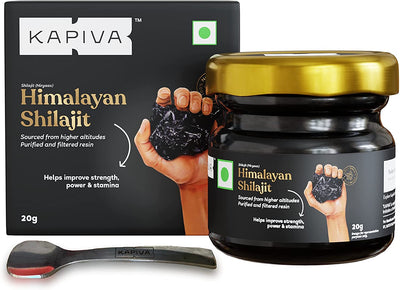
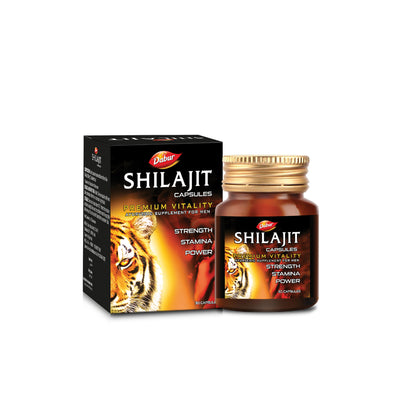
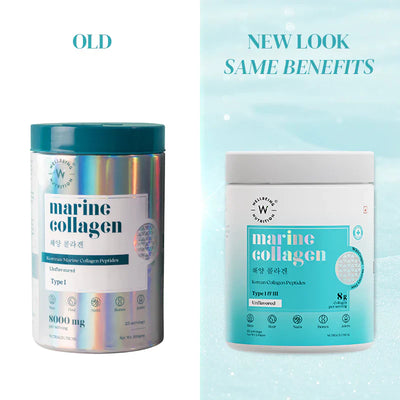
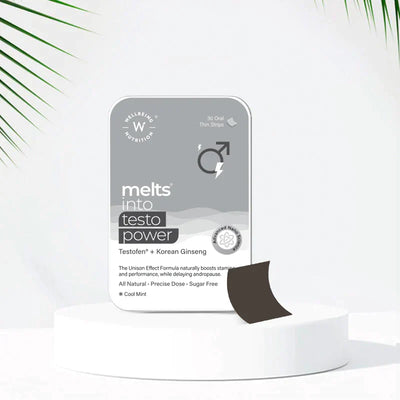
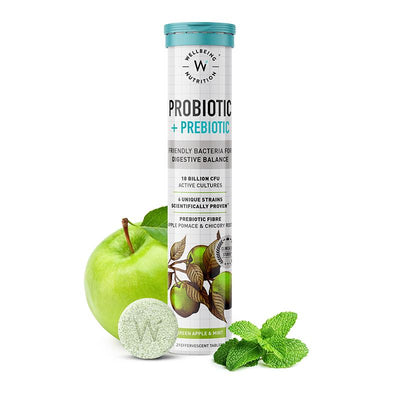
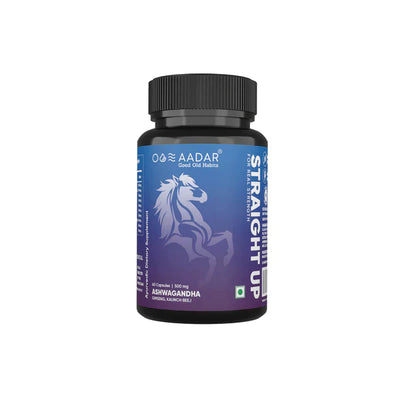
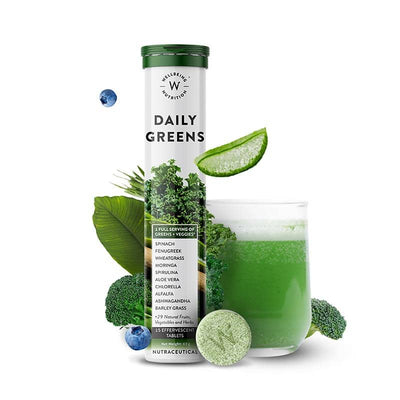
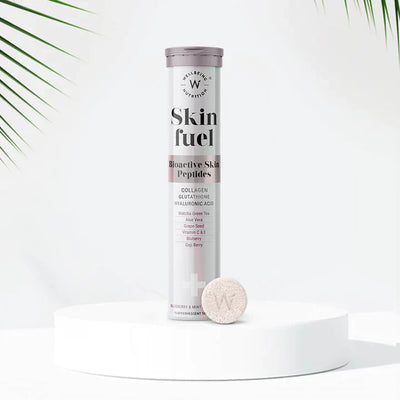

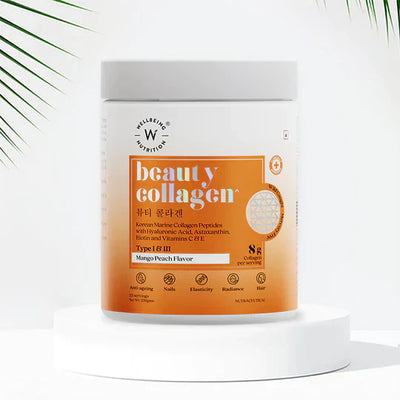



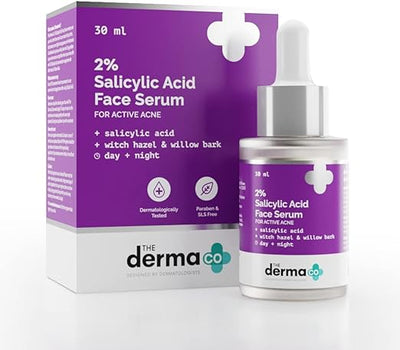

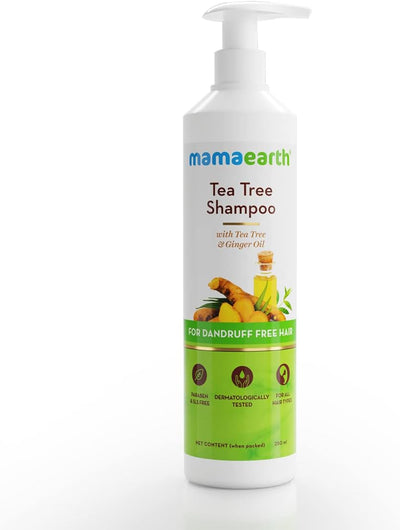
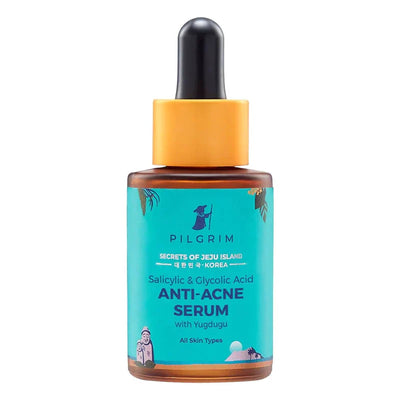
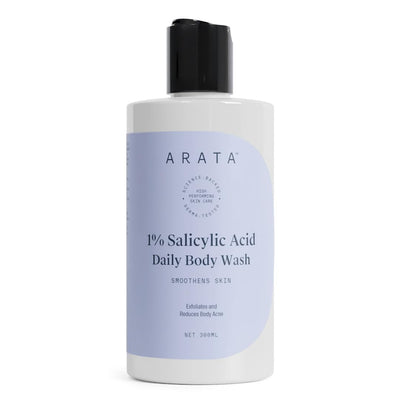
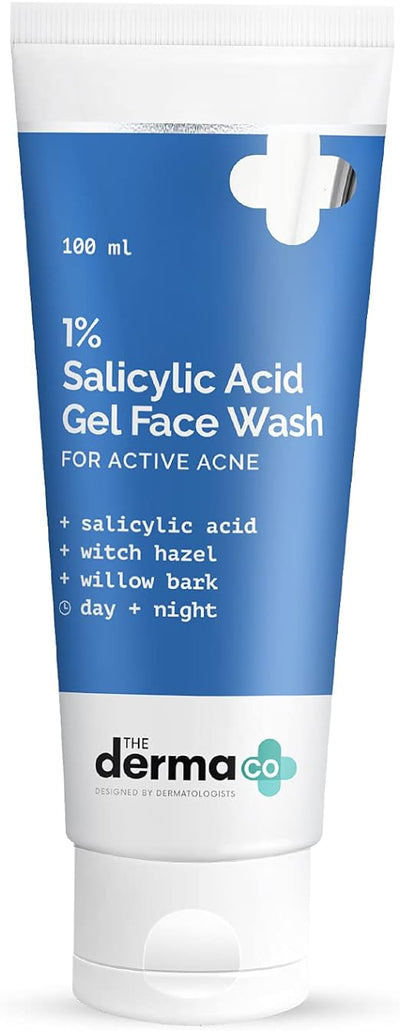
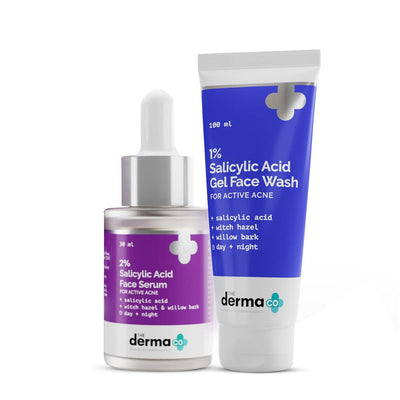
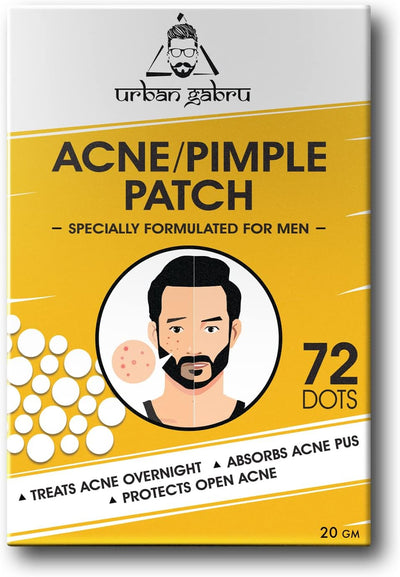
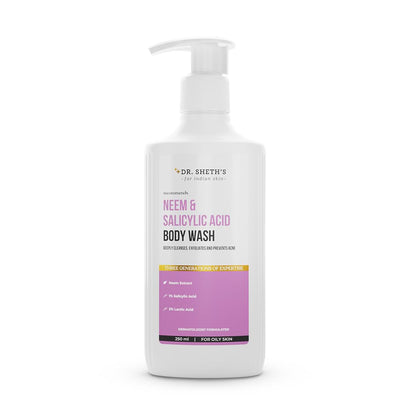
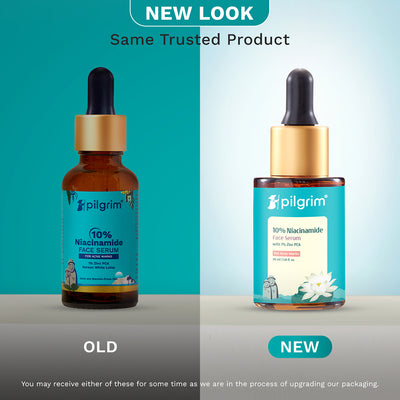

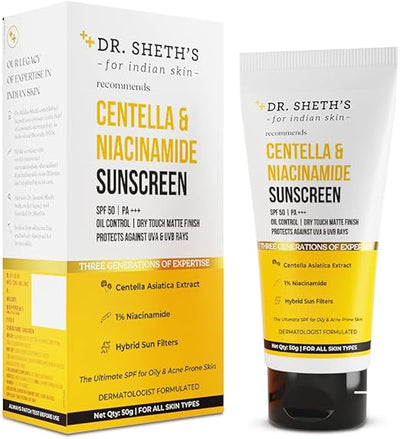
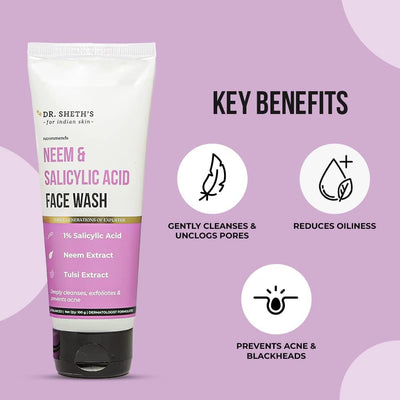


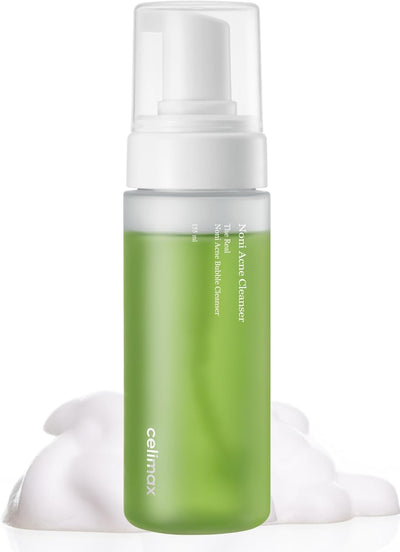
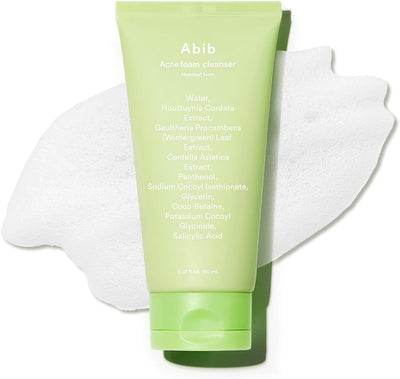
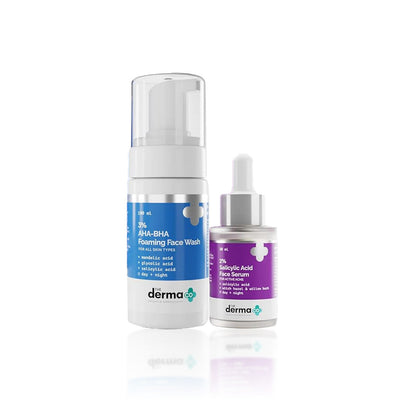

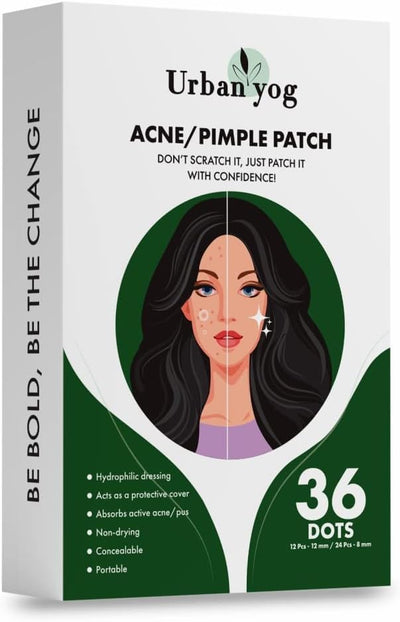
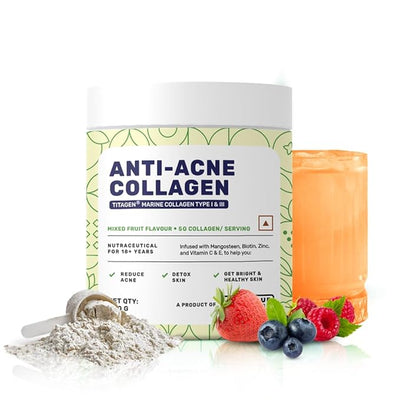
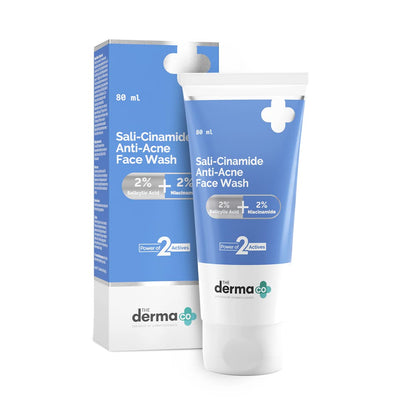

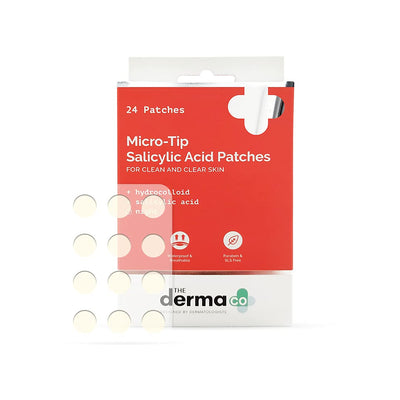



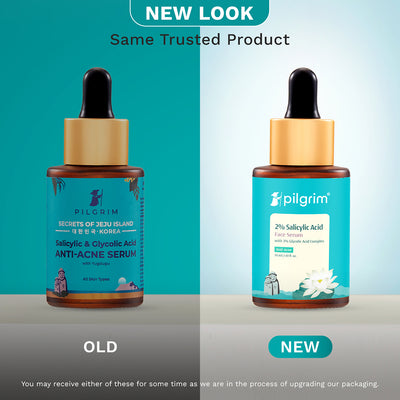















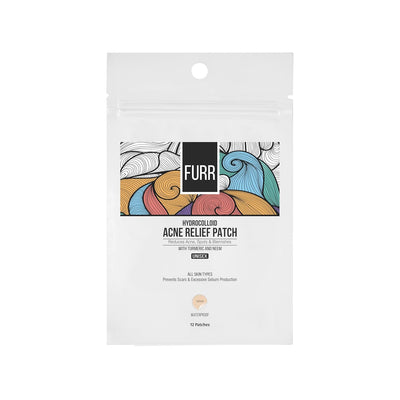
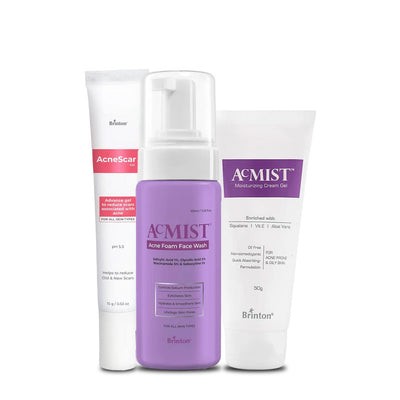
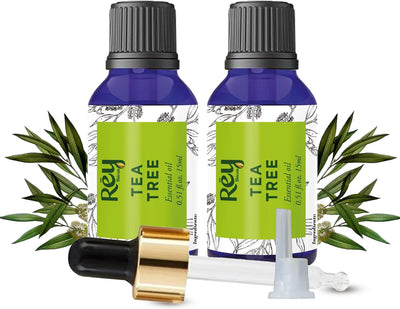

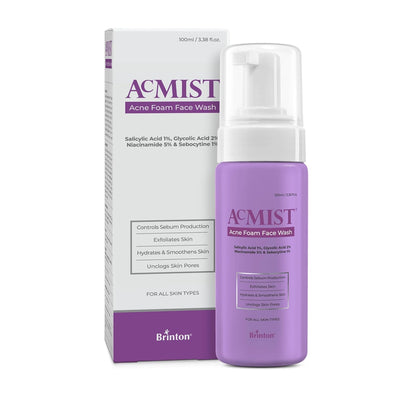
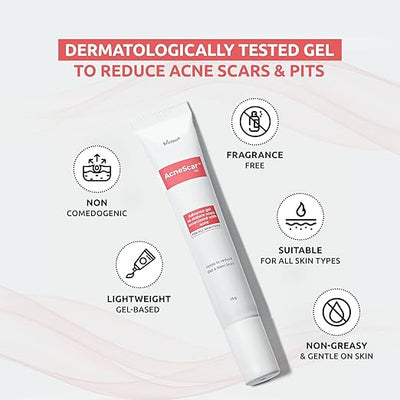



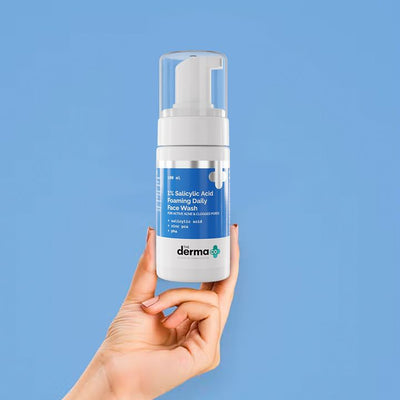
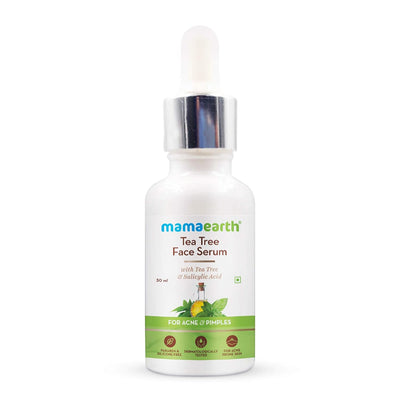
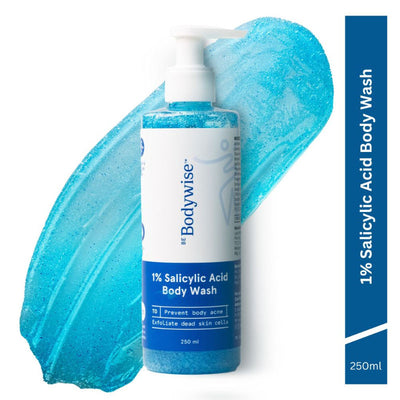
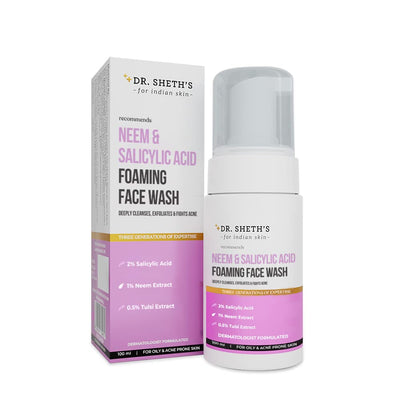
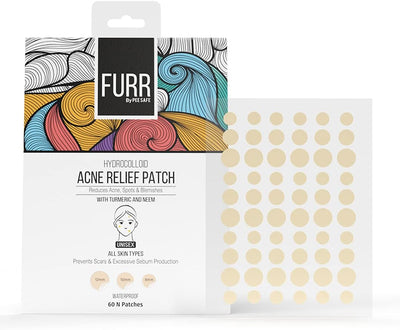
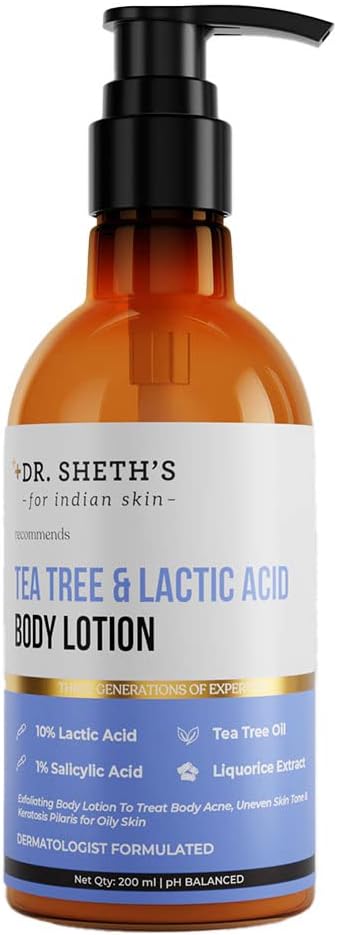
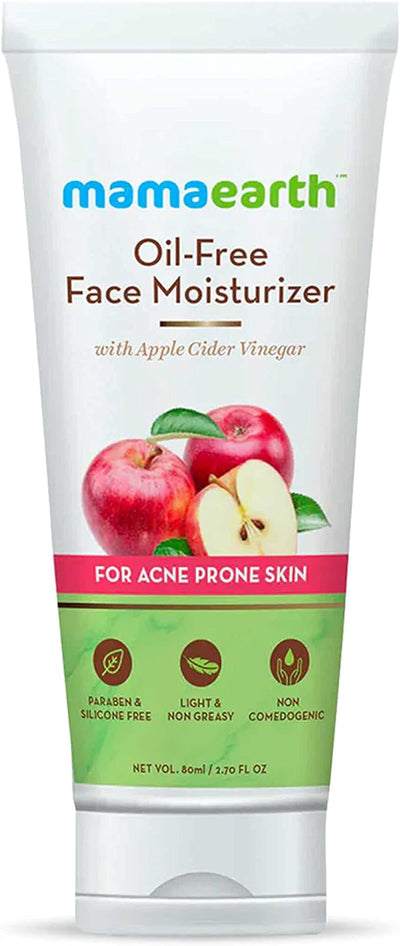
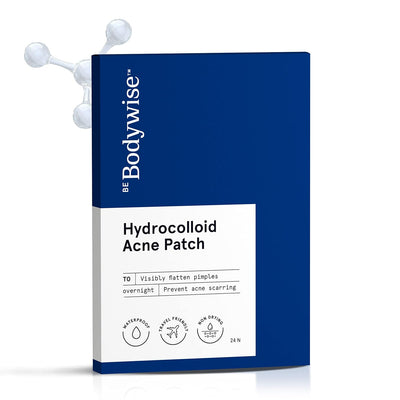
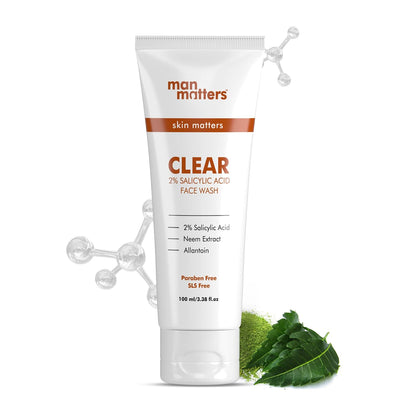
![Man Matters Anti Dandruff Lotion for Men [60ml] | Instant Itch Relief & Cooling with Menthol, Zinc Pyrithione & Tea Tree Oil](http://kw.getkuwa.com/cdn/shop/files/41uZeIl01GL_4e5ba5b7-bbb2-40ba-b37a-2add627f8832_400x.jpg?v=1757410104)
